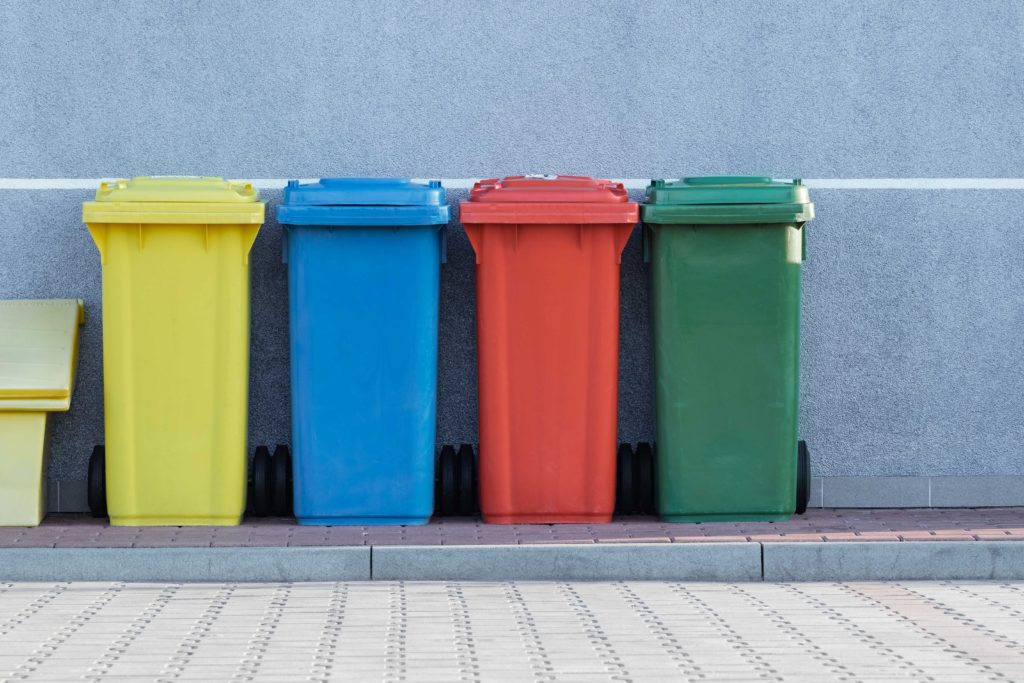Countries around the world have different recycling practices. Which are the best?
Recycle. Easier said than done. For the most part, we try to do our best to recycle, but are we doing enough? Is there something else that we can do to improve our recycling efforts?
Perhaps learning about how people recycle around the globe could provide a few important lessons. Here are a few:
China and Waste Processing
China has developed sophisticated processes to handle waste while importing waste from other countries to recycle. Its technologies and processes are still highly regarded globally. The “National Sword” policy has been one of the waste management programs in China since January 2018. It bans all import of plastic products and other materials from other countries. This policy is an effort to halt a deluge of soiled and contaminated materials that was overwhelming Chinese processing facilities.
Swedish Success Story
While the whole of Europe has a great history of recycling and environmental protection, Sweden leads the pack. The Scandinavian country has one of the greatest recycling traditions in the world.
Sweden’s success is based mainly on how its citizens have been made aware of the need to separate their wastes. Swedes separate their waste by category and use different colored bags. Once done, the recycling plants separate materials based on what they can and cannot recycle. The materials that cannot be recycled are then burned as fuel in plants that provide electricity.
They get so few non-recyclable materials that they are forced to import them from neighboring countries.
Japan Aims for Zero Waste
Japan is another success story when it comes to dealing with waste and recycling. The country does have a reputation for cleanliness and discipline, so it isn’t surprising that they have been able to achieve so much.
When you consider the large, highly urbanized cities of Japan, you might expect them to have a hard time dealing with all the garbage, but the characteristics of their culture have helped them to deal with it.
The Japanese have proven to be highly efficient when it comes to recycling and segregating their waste. The government and the Japanese people are doing an excellent job of controlling their waste.
One of the shining examples of the success of Japanese recycling efforts is the town of Kamikatsu. Nestled high in the mountains, it is not easily accessible, so recycling there might be more difficult. However, the residents of the town have taken it upon themselves to organize and separate their wastes. They are also the ones who bring the waste materials to the recycling center.
It is said that they recycle 90% of their waste now, but they aim to recycle it 100%.
The Netherlands, a Model of Sustainability
The Netherlands is another European country that has achieved notable success when it comes to recycling. Perhaps the best proof of their sustainability in action is the opening of a bike path in the country that is made from recycled plastic. Using recycled plastic in roads has been done in other parts of the world, but the Netherlands was the first country to build a bike path entirely out of the material.
Canadian Tradition
While Canada does not have a very high recycling rate when compared with other countries of the world, the Canadian people have a tradition of donating or giving away things they no longer need. That means things that might end up as waste in other countries are still usable in Canada.
Canada also recycles tires for use in building roads by mixing them with asphalt. They also have started a massive effort to recycle cigarette butts.
Conclusion
These are just some of the recycling lessons from different parts of the world that could help us. Stories like these have inspired us to do our part, which is why we came up with the BIDI® Cares initiative to offer adult consumers, aged 21 years and over a way to recycle their used BIDI® Sticks.
Thinking of more recycling programs that can help proper waste disposal? We’d love to hear it from you. Contact us now!

